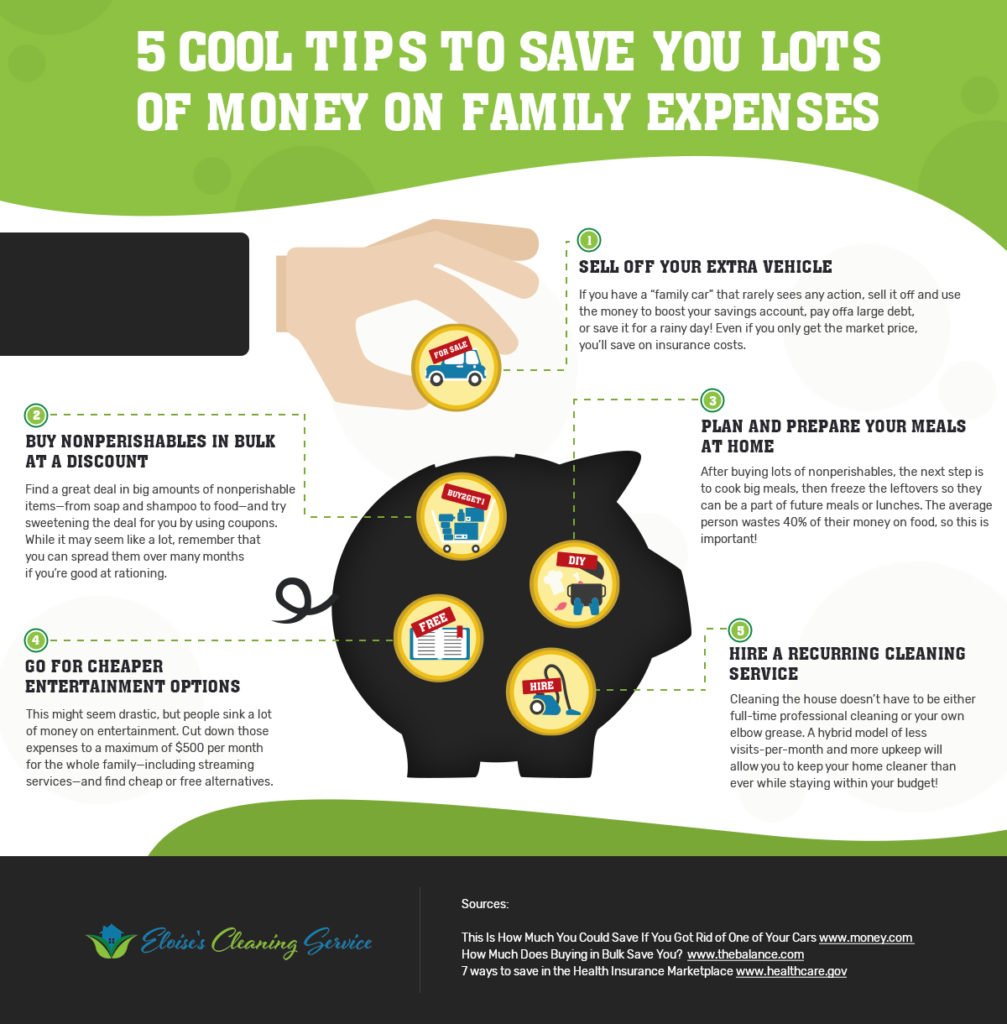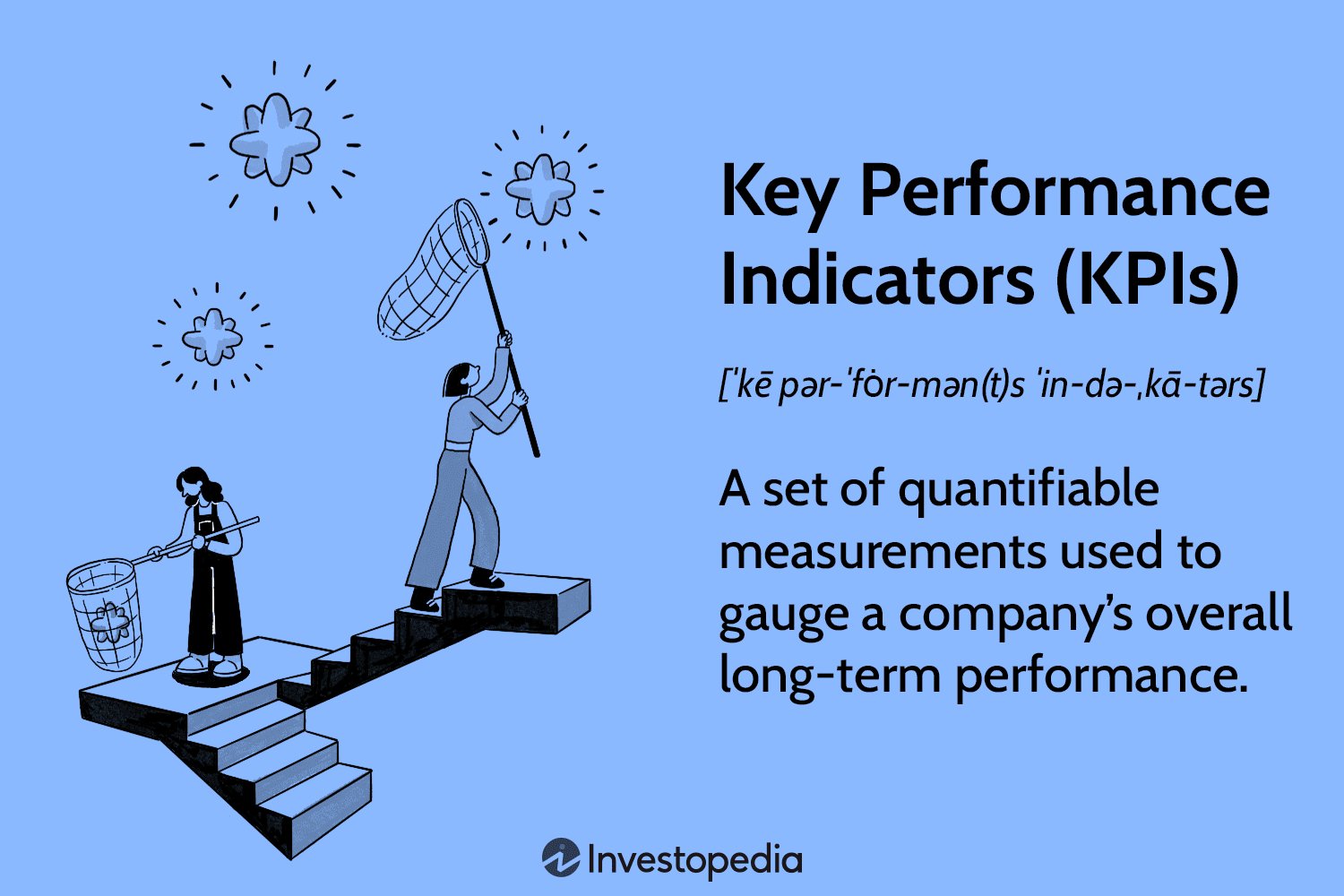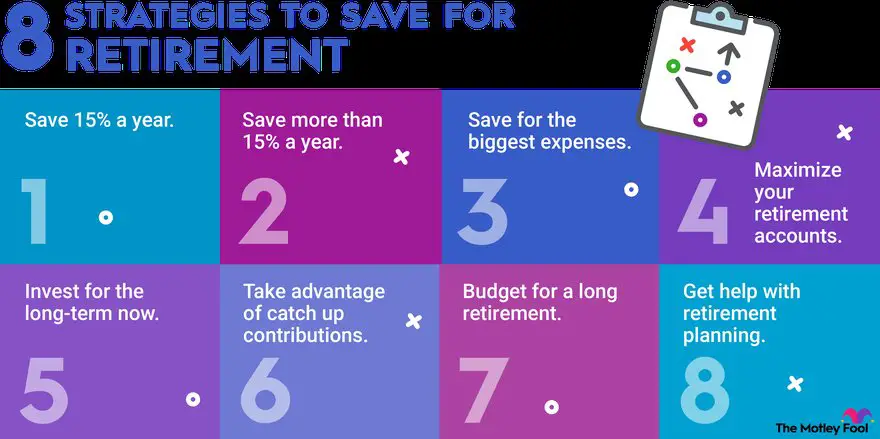Looking for tips on buying insurance for a new car? Look no further! We’ve got you covered. Buying insurance for your precious new wheels can be a daunting task, but fret not, because we’re here to help you navigate through the process with ease. Whether you’re a first-time car owner or just looking to switch insurers, we’ve gathered some essential tips to consider while purchasing insurance for your new ride. So, let’s dive right in and ensure you get the right coverage at the best possible price.
Tips for Buying Insurance for a New Car
When purchasing a new car, one of the most important things to consider is insurance coverage. Insurance not only protects your investment but also provides financial security in case of accidents, theft, or damage. However, navigating the complex world of insurance policies can be overwhelming, especially for first-time car buyers. To help you make an informed decision, here are some essential tips for buying insurance for a new car.
1. Determine Your Coverage Needs
Before you start shopping for insurance, it’s crucial to assess your coverage needs. Consider factors such as the value of your car, your driving habits, and your budget. Different types of coverage are available, including liability, collision, comprehensive, uninsured/underinsured motorist, and personal injury protection. Understanding what each type entails will help you choose the right coverage for your new car.
- Liability Coverage: This coverage is usually mandatory and pays for damages to other people’s property or injuries in an accident where you are at fault.
- Collision Coverage: Collision coverage pays for repairs or replacement of your car if it’s damaged in an accident, regardless of fault.
- Comprehensive Coverage: Comprehensive coverage protects your car against non-collision incidents, such as theft, vandalism, natural disasters, or falling objects.
- Uninsured/Underinsured Motorist Coverage: This coverage comes into play when you’re involved in an accident with a driver who doesn’t have insurance or lacks sufficient coverage.
- Personal Injury Protection (PIP): PIP covers medical expenses, lost wages, and other costs resulting from injuries sustained in an accident, regardless of who is at fault.
2. Shop Around for Quotes
Insurance rates can vary significantly among different insurance providers. To get the best coverage at an affordable price, it’s crucial to shop around and obtain quotes from multiple insurers. Consider reaching out to both local and national insurance companies, as well as independent agents, to compare their offerings.
- Contact at least three different insurers to obtain quotes.
- Provide accurate information about your new car, including its make, model, year, and safety features.
- Ask about available discounts, such as safe driver discounts, multi-policy discounts (if you have other insurance policies with the same provider), or discounts for installing anti-theft devices.
3. Consider the Insurance Premiums
While comparing insurance quotes, it’s important to consider the premiums you’ll need to pay. The premium is the amount you’ll pay regularly, typically monthly or annually, to maintain your insurance coverage. Keep in mind that lower premiums might mean higher deductibles and vice versa. Deductibles are the amount you must pay out of pocket before your insurance coverage kicks in.
- Balance the premium and deductible to find a payment structure that fits your budget and risk tolerance.
- Consider your driving history, the car’s value, and your financial situation when deciding on the deductible amount.
- Remember that a higher deductible may lower your premium but could result in higher out-of-pocket expenses if you need to file a claim.
4. Research the Insurer’s Reputation
Before finalizing your insurance purchase, take the time to research the reputation and financial stability of the insurance company you’re considering. Insurance is a long-term investment, and you want to ensure that the company will be able to fulfill its obligations should you need to file a claim.
- Check the insurer’s financial ratings from independent rating agencies such as A.M. Best, Standard & Poor’s, or Moody’s.
- Read customer reviews and feedback to get an idea of their customer service and claims handling.
- Consider reaching out to friends, family, or colleagues who have insurance with the same company to gather their experiences and recommendations.
5. Understand Policy Exclusions and Limitations
Insurance policies often come with exclusions and limitations that you should be aware of before making a decision. These are specific circumstances or conditions under which the policy may not provide coverage. It’s crucial to read the policy carefully and ask your insurance agent or company about anything you don’t understand.
- Common exclusions can include intentional acts, racing, using the car for commercial purposes, or driving under the influence of alcohol or drugs.
- Be aware of any limitations on coverage for rental cars, coverage outside your home country, or coverage for custom or aftermarket parts.
6. Consider Bundling Insurance Policies
If you already have other insurance policies, such as homeowners or renters insurance, consider bundling them with your new car insurance. Many insurance companies offer discounts for customers who have multiple policies with them. Bundling can save you money and streamline your insurance management.
7. Review and Update Your Policy Regularly
Once you’ve purchased your insurance policy, it’s important to review it periodically and make any necessary updates. Your coverage needs may change over time, and staying up to date ensures that you have the right protection for your new car.
- Review your policy at least once a year or whenever you experience significant life events, such as getting married, moving, or adding a new driver to your policy.
- Notify your insurance company of any changes to your address, driving habits, or modifications you make to your car.
By following these tips, you’ll be well-prepared to make an informed decision when buying insurance for your new car. Remember, insurance is not only a legal requirement but also a vital protection for your prized possession. Take the time to research, compare, and choose the policy that suits your needs and budget. Safe driving!
How Much Car Insurance Do I Actually Need?
Frequently Asked Questions
Frequently Asked Questions (FAQs)
1. What factors should I consider when buying insurance for a new car?
When buying insurance for a new car, you should consider factors such as the coverage options, deductibles, premium costs, the reputation of the insurance company, and the overall customer service provided.
2. How can I determine the right amount of coverage for my new car?
To determine the right amount of coverage for your new car, consider factors such as the car’s value, your budget, your driving habits, and any legal requirements in your area. It is important to strike a balance between adequate coverage and affordable premiums.
3. Are there any specific types of coverage I should consider for a new car?
Yes, when purchasing insurance for a new car, it is advisable to consider collision coverage and comprehensive coverage. Collision coverage helps pay for damages to your car resulting from accidents, while comprehensive coverage covers damages caused by non-collision incidents such as theft, vandalism, or natural disasters.
4. Should I choose a higher deductible or a lower deductible for my new car insurance?
The choice between a higher deductible and a lower deductible depends on your individual financial situation. A higher deductible typically means lower premium costs, but it also means you will have to pay more out of pocket in the event of a claim. Consider your budget and risk tolerance before making a decision.
5. Can I transfer my existing car insurance policy to a new car?
In most cases, you can transfer your existing car insurance policy to cover your new car. However, it is important to contact your insurance provider and inform them about the change in vehicle to ensure proper coverage. They may need to adjust your policy details and premium accordingly.
6. Are there any discounts available for insuring a new car?
Yes, insurance companies often offer discounts for insuring a new car. These discounts may vary between providers but can include features such as safe driver discounts, multi-policy discounts, anti-theft device discounts, or loyalty discounts. It is recommended to inquire about available discounts when obtaining insurance quotes.
7. Is it necessary to purchase gap insurance for a new car?
Gap insurance is not mandatory, but it can be beneficial when purchasing a new car. Gap insurance covers the difference between the actual cash value of your car and the amount you owe on your car loan or lease. It can protect you from financial losses if your car is totaled or stolen before you fully repay your loan.
8. Can I switch insurance companies after buying insurance for a new car?
Yes, you can switch insurance companies after buying insurance for a new car. However, it is important to review your current policy, understand any cancellation fees or penalties, and compare quotes from different insurers. Ensure you have a new policy in place before canceling the old one to avoid any gaps in coverage.
Final Thoughts
When buying insurance for your new car, it is important to consider a few key tips. Firstly, research and compare different insurance providers to find the best coverage and pricing options. Additionally, make sure to understand the type of coverage you need, whether it is comprehensive, collision, or liability insurance. Next, consider factors such as your driving history, location, and the car’s value when determining the coverage amount. Finally, don’t forget to read and understand the policy thoroughly before making a decision. By following these tips for buying insurance for a new car, you can ensure that you have the right coverage at the best possible price.



